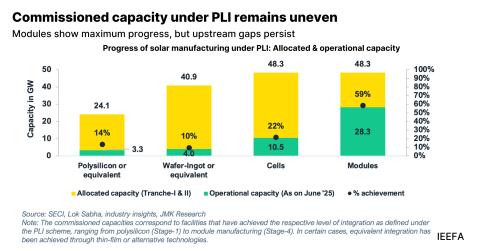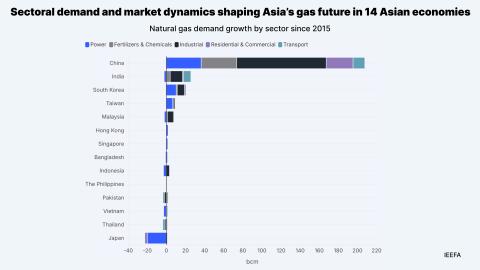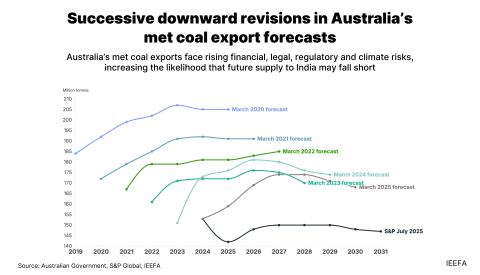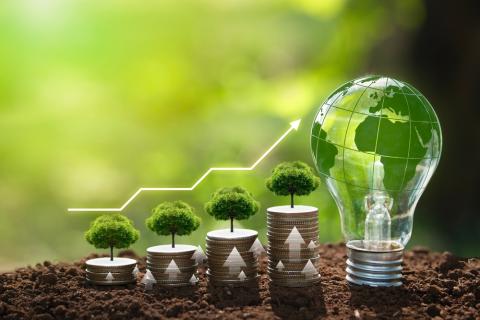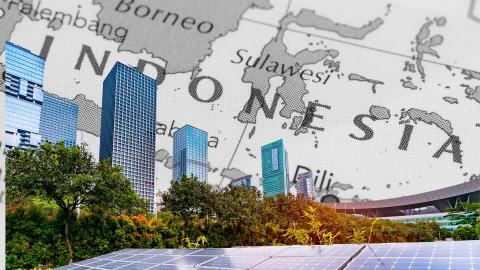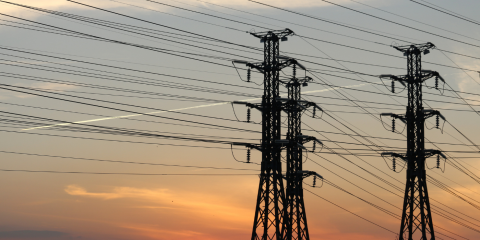IEEFA report: The Philippine energy transition
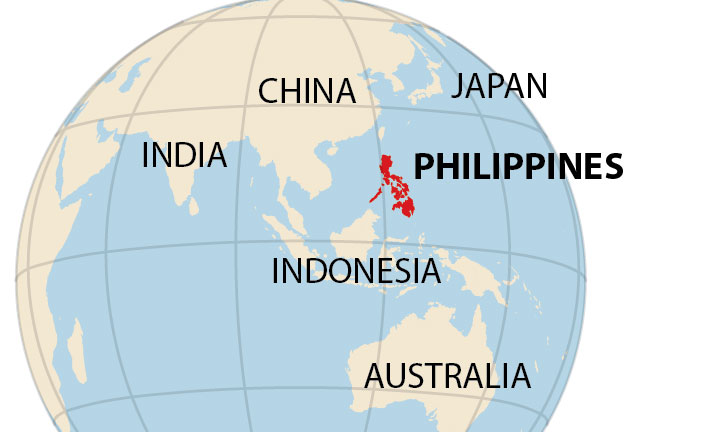
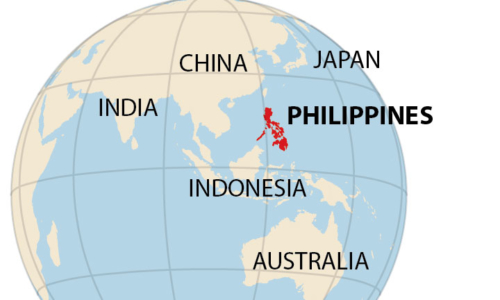 MANILA, March 12, 2019 (IEEFA) — Electricity prices in the Philippines are the highest in South East Asia and utilities rely excessively on imported coal and diesel, according to a report released today by the Institute for Energy Economics and Financial Analysis (IEEFA).
MANILA, March 12, 2019 (IEEFA) — Electricity prices in the Philippines are the highest in South East Asia and utilities rely excessively on imported coal and diesel, according to a report released today by the Institute for Energy Economics and Financial Analysis (IEEFA).
The IEEFA report, The Philippine Energy Transition, Building a Robust Power Market, attributes the country’s lack of ability to attract large investments in renewables to purchase agreements that protect fossil fuel interests in imported coal and diesel.
The report finds the that switching to renewables in island grids could save the public more than US$ 200 million per year in diesel subsidies. Moreover, coal projects in 2019 have the potential of US$ 9.5 billion in stranded asset risk with a broader risk beyond 2019 equivalent to US$20.9 billion – the costs will be covered by households, industry, or investors, including local Philippine banks.
To encourage a transition to less costly and cleaner energy generation, the report recommends removing fossil fuel subsidies, introducing transparent, competitive auctions for a variety of renewables producers and investing in infrastructure, such as ancillary storage services and other grid supports.
“At a time when renewable energy is the lowest cost technology, neither the government nor consumers should have to foot the bill for diesel subsidies and stranded assets,” said IEEFA energy finance analyst Sara Jane Ahmed who wrote the report. “The business case for investing in renewables is strong.”
“An important question is how can the Philippine consumers, government, and financial system afford to continue paying unnecessary subsidies, and more importantly, can the financial regulators and investors afford to get stranded asset risk wrong?” Ahmed added.
According to IEEFA, the Philippines government could attract investment and inject more diversity and energy security into the electricity system—while helping lower costs to consumers— by taking the following steps:
- Removing the diesel fuel subsidy by the Department of Finance,
- Removing the automatic pass-through by the Energy Regulatory Commission,
- Issuing stranded asset risk warnings by the Central Bank of the Philippines and the Securities and Exchange Commission, and
- Overhauling procurement practices by introducing least-cost mechanism auctions by the utilities and the Energy Regulatory Commission.
“By reducing moral hazard, correcting market distortions, and levelling the playing field, the government can make energy more affordable while advancing its goals for electrification,” Ahmed said.
Full report: The Philippine Energy Transition: Building a Robust Power Market
Media Contact
AC Dimatatac, ICSC Media Coordinator, [email protected]
Author Contact
Sara Jane Ahmed, IEEFA energy finance analyst, [email protected]
About IEEFA
The Institute for Energy Economics and Financial Analysis (IEEFA) conducts global research and analyses on financial and economic issues related to energy and the environment. The Institute’s mission is to accelerate the transition to a diverse, sustainable and profitable energy economy.


